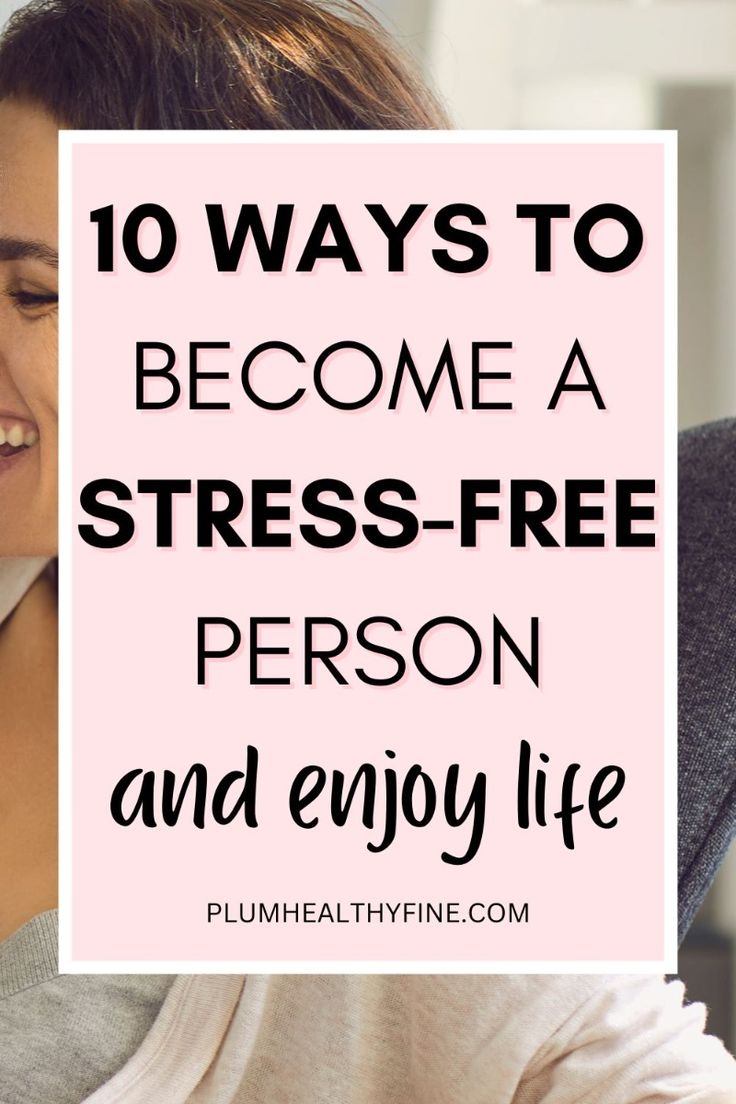Why this matters
Life can feel heavy—work, money, family, notifications. Good news: you don’t need complicated routines to feel better. Small habits, done daily, can create a calm, steady mind. This 1TensionNoMore guide gives you 10 simple actions you can start today.
TL;DR — The 10 Habits
-
4-7-8 breathing (1 minute)
-
Morning sunlight (5–10 minutes)
-
One-page brain dump
-
Smart caffeine (before noon)
-
20-minute walk
-
30-second cold splash
-
Phone-free focus blocks
-
Protein + fiber in each meal
-
Worry window (10 minutes)
-
Digital sunset (60 minutes before sleep)
1) 4-7-8 Breathing (1 Minute Calm Reset)
How: Inhale 4 sec → hold 7 → exhale 8. Repeat 4 cycles.
Why it works: Slows heart rate, relaxes the nervous system.
Do it now:
-
Sit straight, feet on floor.
-
Tongue on upper teeth ridge.
-
Breathe quietly in, exhale softly like a sigh.
Pro tip: Use it before meetings, exams, or when anger rises.
2) Morning Sunlight (5–10 Minutes)
How: Get outside within an hour of waking.
Why: Natural light sets your body clock → better mood & sleep.
Do it now:
-
Stand by a window or balcony; outside is best.
-
No sunglasses for 5 minutes if comfortable.
-
Cloudy day? Stay a bit longer.
3) One-Page Brain Dump
How: Write everything on your mind for 5 minutes.
Why: Clears mental clutter; lowers overthinking.
Do it now:
-
Paper or notes app.
-
No grammar, no order—just dump.
-
Finish with three priorities for today.
4) Smart Caffeine (Before Noon)
How: Coffee/tea only in the morning.
Why: Late caffeine = poor sleep = more stress tomorrow.
Do it now:
-
Last cup by 12:00 pm.
-
Switch to water or herbal tea later.
-
If you feel jittery: half the dose.
5) 20-Minute Walk (Move to Improve)
How: Easy walk; no need for gym.
Why: Movement releases feel-good chemicals and clears the head.
Do it now:
-
Walk after lunch or calls.
-
Add stairs or light stretching.
-
Track steps for motivation.
6) 30-Second Cold Splash
How: End your shower with 30 seconds of cool water.
Why: Wakes up the body, reduces rumination for many people.
Do it now:
-
Start lukewarm → cool → cold.
-
Breathe slow, relax shoulders.
-
Build up to 60 seconds if you like.
7) Phone-Free Focus Blocks
How: 25 minutes focused work + 5 minutes break (Pomodoro).
Why: Less distraction = less stress + better results.
Do it now:
-
Put phone in another room.
-
Close extra tabs.
-
Do 2–4 blocks for your most important task.
8) Protein + Fiber in Every Meal
How: Add eggs/curd/beans + veggies/fruit/whole grains.
Why: Stable blood sugar = stable mood & energy.
Do it now:
-
Breakfast: eggs + fruit or oats + nuts.
-
Lunch/Dinner: dal/beans/chicken + salad/veggies.
-
Snack: yogurt + banana or handful of nuts.
9) The “Worry Window” (10 Minutes)
How: Schedule your worries instead of letting them hijack the day.
Why: Trains your brain to delay and reduce anxiety loops.
Do it now:
-
Set a daily 10-minute slot (e.g., 7:30 pm).
-
Write the worry + one small action.
-
Outside the window? Tell yourself, “Save it for 7:30.”
10) Digital Sunset (60 Minutes Before Sleep)
How: Screens off one hour before bed.
Why: Better sleep = calmer tomorrow.
Do it now:
-
Put phone on charge away from bed.
-
Low lights, warm tea, paper book, light stretch.
-
Keep a notepad for thoughts; don’t pick up the phone.
A Simple 7-Day “No Tension” Plan
Day 1: 4-7-8 breathing + brain dump
Day 2: Morning sunlight + walk
Day 3: Phone-free focus + worry window
Day 4: Protein/fiber tune-up + cold splash
Day 5: Combine 4-7-8 + sunlight + walk
Day 6: Digital sunset + early caffeine cut-off
Day 7: Review what helped; lock in 3 habits for next week
Print this plan, stick it near your desk, and tick each habit daily.
Common Mistakes (and Fixes)
-
Trying everything at once: Start with just 3 habits for 7 days.
-
Skipping sleep: No habit can fix chronic sleep loss. Protect 7–9 hours.
-
Doom-scrolling at night: Use a basic alarm clock; keep the phone outside.
-
All-or-nothing thinking: Missed a day? Restart the next hour, not “next Monday.”
When To Seek Help
If stress stops you from working, studying, sleeping, or enjoying life for 2+ weeks, consider talking to a qualified professional (counselor, therapist, or doctor). If you ever feel unsafe, seek local emergency help immediately. This article is general education, not medical advice.


